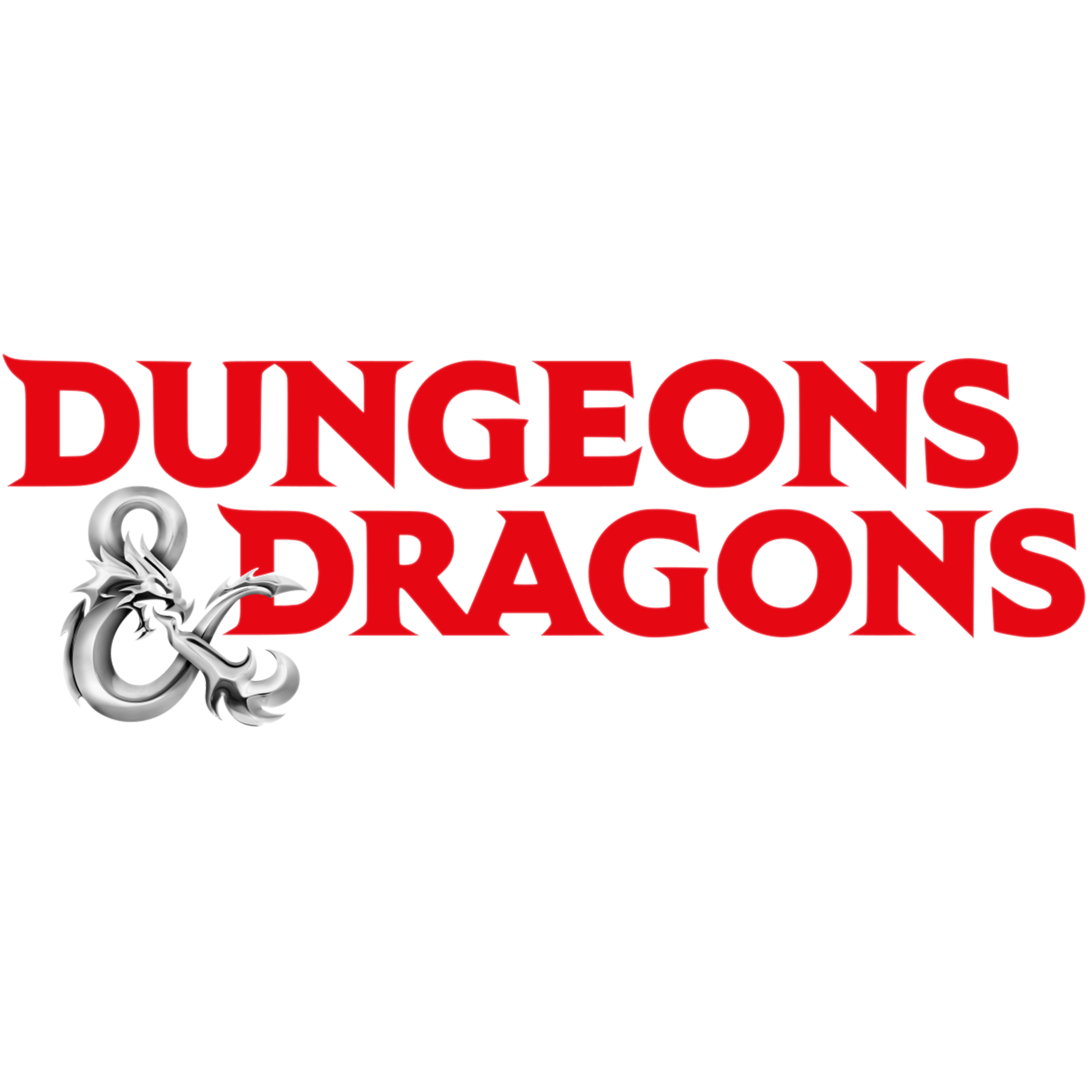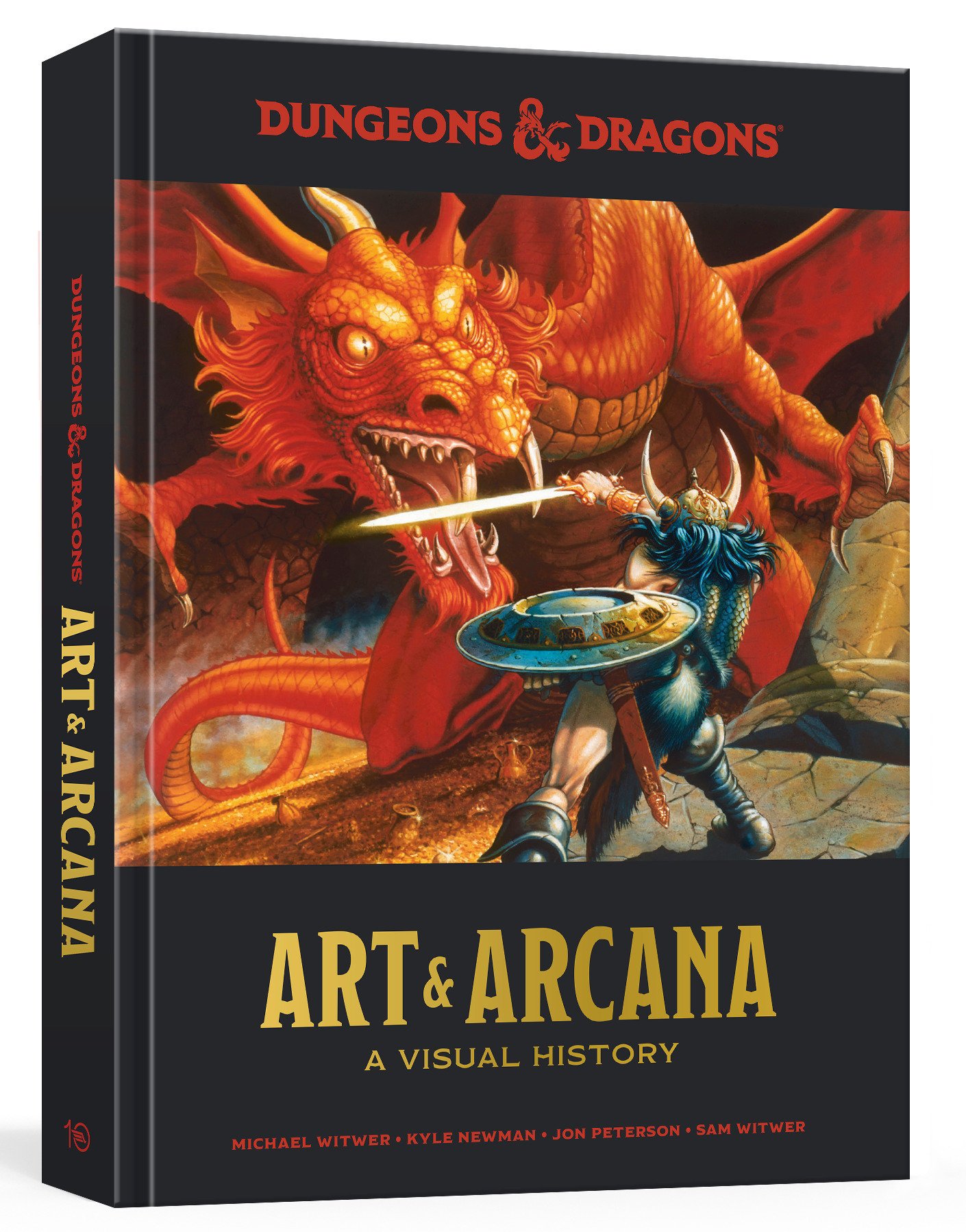


Dungeons & Dragons (commonly abbreviated as D&D or DnD) is a fantasy tabletop role-playing game (RPG) originally designed by Gary Gygax and Dave Arneson. It was first published in 1974 by Tactical Studies Rules, Inc. (TSR). It has been published by Wizards of the Coast (now a subsidiary of Hasbro) since 1997. The game was derived from miniature wargames, with a variation of the 1971 game Chainmail serving as the initial rule system. D&D's publication is commonly recognized as the beginning of modern role-playing games and the role-playing game industry. D&D departs from traditional wargaming by allowing each player to create their own character to play instead of a military formation. These characters embark upon imaginary adventures within a fantasy setting. A Dungeon Master (DM) serves as the game's referee and storyteller, while maintaining the setting in which the adventures occur, and playing the role of the inhabitants of the game world. The characters form a party and they interact with the setting's inhabitants and each other. Together they solve dilemmas, engage in battles, explore, and gather treasure and knowledge. In the process, the characters earn experience points (XP) in order to rise in levels, and become increasingly powerful over a series of separate gaming sessions. Mechanics - Dungeons & Dragons is a structured, yet fundamentally open-ended role-playing game. It is normally played indoors with the participants seated around a tabletop. Typically, one player takes on the role of Dungeon Master (DM) while the others each control a single character, representing an individual in a fictional setting. When working together as a group, the player characters (PCs) are often described as a "party" of adventurers, with each member often having their own area of specialty which contributes to the success of the whole. During the course of play, each player directs the actions of their character and their interactions with other characters in the game. This activity is performed through the verbal impersonation of the characters by the players, while employing a variety of social and other useful cognitive skills, such as logic, basic mathematics and imagination. A game often continues over a series of meetings to complete a single adventure, and longer into a series of related gaming adventures, called a "campaign". The results of the party's choices and the overall storyline for the game are determined by the DM according to the rules of the game and the DM's interpretation of those rules.] The DM selects and describes the various non-player characters (NPCs) that the party encounters, the settings in which these interactions occur, and the outcomes of those encounters based on the players' choices and actions. Encounters often take the form of battles with "monsters" – a generic term used in D&D to describe potentially hostile beings such as animals, aberrant beings, or mythical creatures.[26] The game's extensive rules – which cover diverse subjects such as social interactions, magic use,[28] combat,[27] and the effect of the environment on PCs – help the DM to make these decisions. The DM may choose to deviate from the published rules or make up new ones if they feel it is necessary. The most recent versions of the game's rules are detailed in three core rulebooks: The Player's Handbook, the Dungeon Master's Guide and the Monster Manual.[18] The only items required to play the game are the rulebooks, a character sheet for each player, and a number of polyhedral dice. Many players also use miniature figures on a grid map as a visual aid if desired, particularly during combat. Some editions of the game presume such usage. Many optional accessories are available to enhance the game, such as expansion rulebooks, pre-designed adventures and various campaign settings.